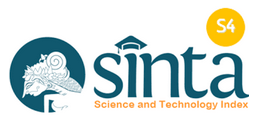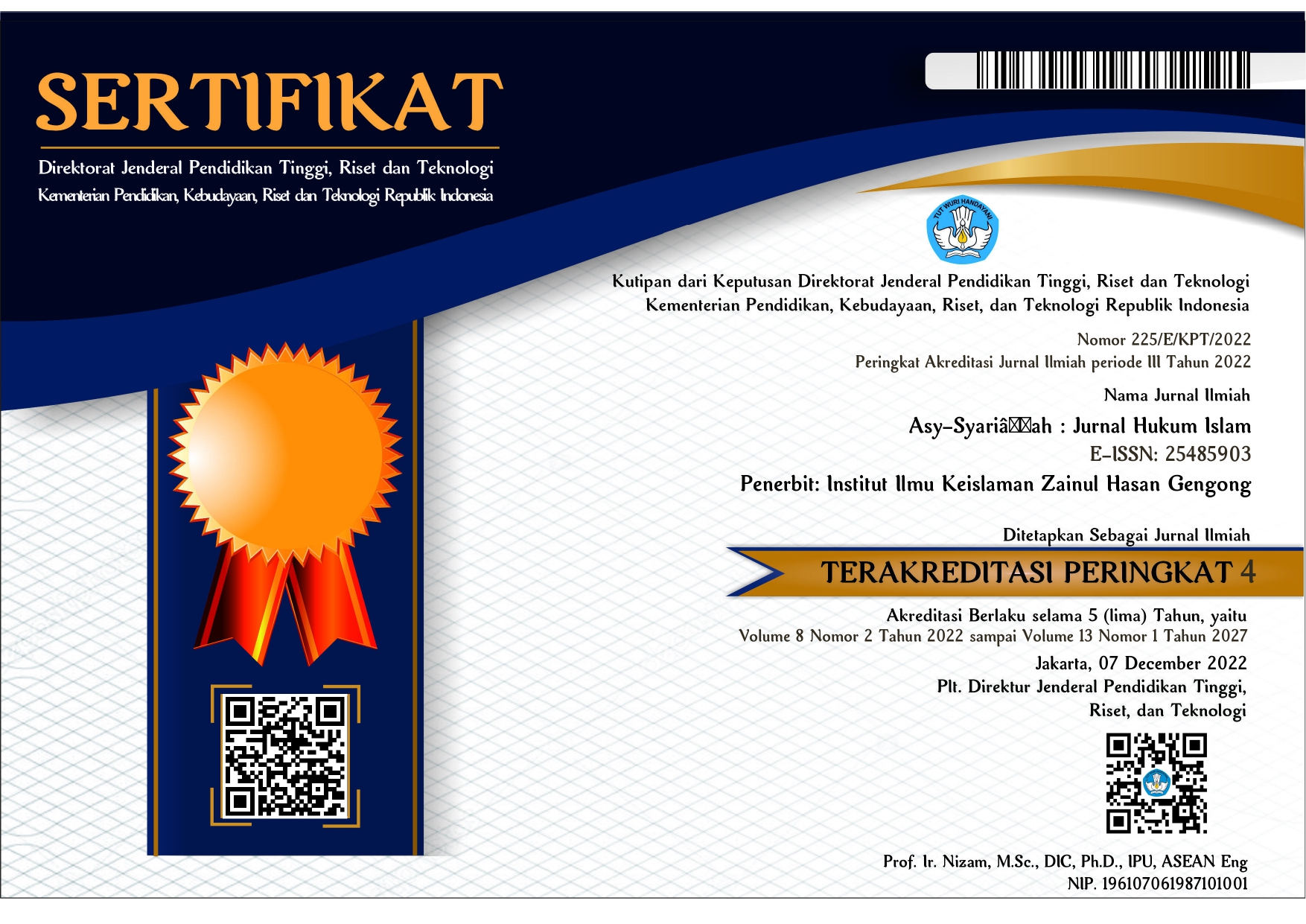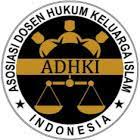Transformasi Madzhab Qouli Menuju Madzhab Manhaji Jama`iy dalam Bahtsul Masa`il
Abstract
Among the forums to solve the problem are collectively known as 'bahtsul masa'il'. the legal decision is collective, derived from the consensus of the participants. His method of searching references (maraji ') to find answers regarding the existing problems, known as Madzhab Qauli, madzhab which is understood as the opinion or fatwa of a Mujtahid or Mufti in deciding fiqhiyyah law. However, not infrequently stagnation (maukuf) in the termination of the law. Because there are no references or books that explain the problem. As a result, if enforced (laws with existing references) result in unfair decisions and other issues for the community.
From this manifestation of schools began to be considered important to be developed. That is a way to answer the problems faced by following the way of thinking and the rule of law which has been drawn up by the madzhab priest as described above. This last method is actually an attempt to decide the law by directly returning al-Qur'an, al-Hadits and so on by using tools qawa'id ushuliyyah and qawa'id fiqhiyyah. Everyone can not run this method individually. because the legal instrument of the legal system must be completely mastered. Therefore this Manhaji Method can be developed by means of ijtihad Jama'i that is the hard effort of some experts in their respective fields maximally in exploring the law of syar'i which is dhanni by using the method of istimbat. The decision is based on the agreement of the ulama or by acclamation, which is to take the most votes from the results of the deliberations.
Keyword: Madzhab Qouli, Madhab Manhaji, Bahtsul Masa`il
Copyright (c) 2018 Imam Syafi`i

This work is licensed under a Creative Commons Attribution 4.0 International License.








